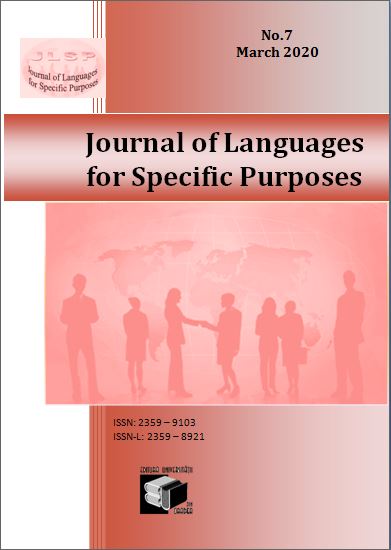What Is The Main Problem That Interferes With Enforcing International Agreements
Not all solutions to these problems are easy to implement, but they are clearly identifiable. The main factor that compromises the effectiveness of international fisheries cooperation and management for straddling and large migratory stocks and deep-sea fishing is the proliferation of illegal, unregulated and unreported fishing (INI fishing). No law has, by its own means, effectively beyond the limits of sovereignty from which its authority derives. The extent to which the right of a nation as it is enforced on its territory, whether by executive order, by legislative act or by judicial decision, can act within the domination of another nation depends on what our greatest jurists call “the community of nations.” Although this phrase has often been criticized, no satisfactory substitute has been proposed. Before discussing the consequences of offences, it is important to remember that commitments must be respected. Without respect, the rules become meaningless. The concept of respect for international obligations is expressed in the Vienna Convention on Treaty Law (1969). The concept of respect goes beyond the fundamental obligation to refrain from illegal conduct. Many international treaties contain obligations to ensure compliance with the law. It looked like an ordinary day. An old client, whom you had not heard of in a long time, called and asked for an appointment to discuss the execution of a judgment. When the client arrived, you learned that it was a judgment of another country, not a sister state within the United States. The initial reasons for the state`s obedience to international human rights law should first be in power, as well as realistically.
The birth of international human rights law was created by the United Nations, created by the victors of the Second World War: the UN system fostered and thus continues to favour the interests of the powerful states of the mid-1940s. This is most clearly reflected in the powers of the P-5 in the Security Council. Second, self-interest has encouraged other states to participate in the international legal system. Instead, as Thucydides explained, “the weak suffer from what they owe” (Strassler 1998: 352), it was rational to participate in game theory. State liability rules indicate when a state can be held responsible for the breach of those obligations and what the consequences of not respecting its responsibilities are. In addition to establishing prohibitions such as torture or aggression of civilians in armed conflict, international law also describes the legal consequences for states when such acts occur. “Kommit” in the legal sense is neither a matter of absolute obligation on the one hand nor of mere courtesy and goodwill on the other. But it is the recognition that a nation on its territory authorizes the legislative, executive or judicial acts of another nation, taking due account of international duty and comfort and the rights of its own citizens or others who are under the protection of their laws.
4. What should a state do if it violates international law? First, it is to be expected that human rights treaties will be adopted ad hoc in an international system characterized by sovereign states with different political systems. The spread of liberal democracy remains a modern and continuous concept. If the development of international human rights law is due to the spread of liberal democracy and acculturation, human rights law will rise reactively with liberal democracy – the law is rarely preventive. Third, the lack of effective monitoring mechanisms for the recommendations is an overwhelming criticism of the UN human rights protection system. Two examples of existing mechanisms – the Human Rights Council and the General Periodic Review – are under consideration below.





